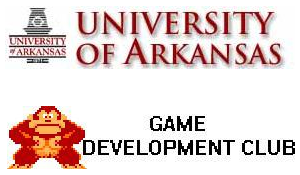Some years ago I posted about my half-baked MMORPG idea, “GregerQuest”, and mentioned towards the end that I later worked on another hobby MMO called Draconis. This was a project of the long-deceased University of Arkansas Game Development Club – a student-run organization for people interested in making games. I put a thread on Twitter about my experiences with the club, but I’ve decided to repost it here as well for later reference.
From 2004 to 2006 I helped run the University of Arkansas Game Dev Club with co-founders Steven Silvey and Kenny Cason, and faculty sponsor Bill Johnston. It continued on until ~2008 or so, after many of us graduated and membership dwindled away. Here was what our webpage looked like. Project hosting and the forums were popular areas. Web space was provided by the UARK servers – 100mb for a club, iirc, a luxury! – and the first web design was table-based and constructed using MS Paint by yours truly 🙂
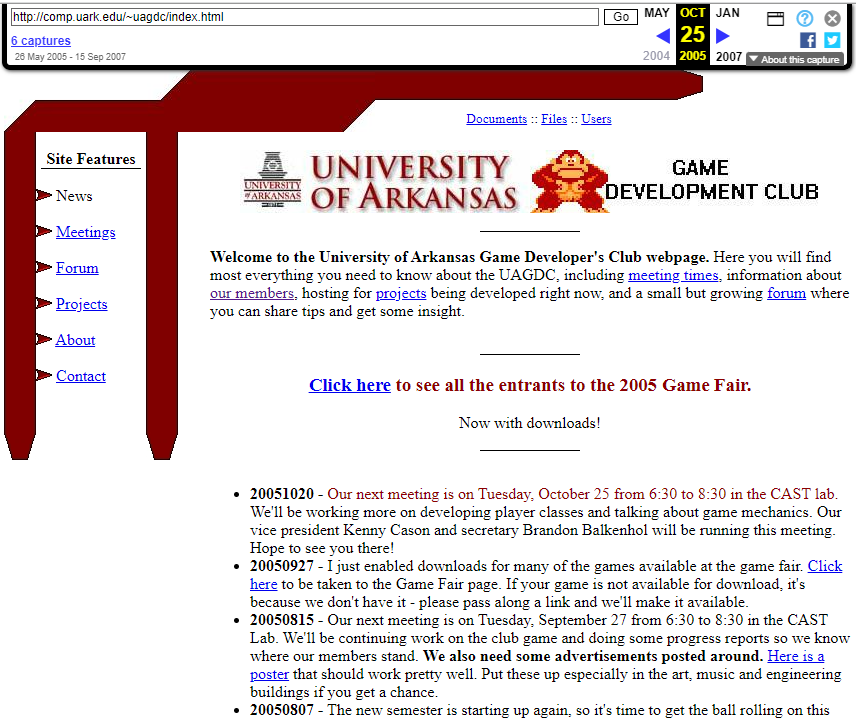
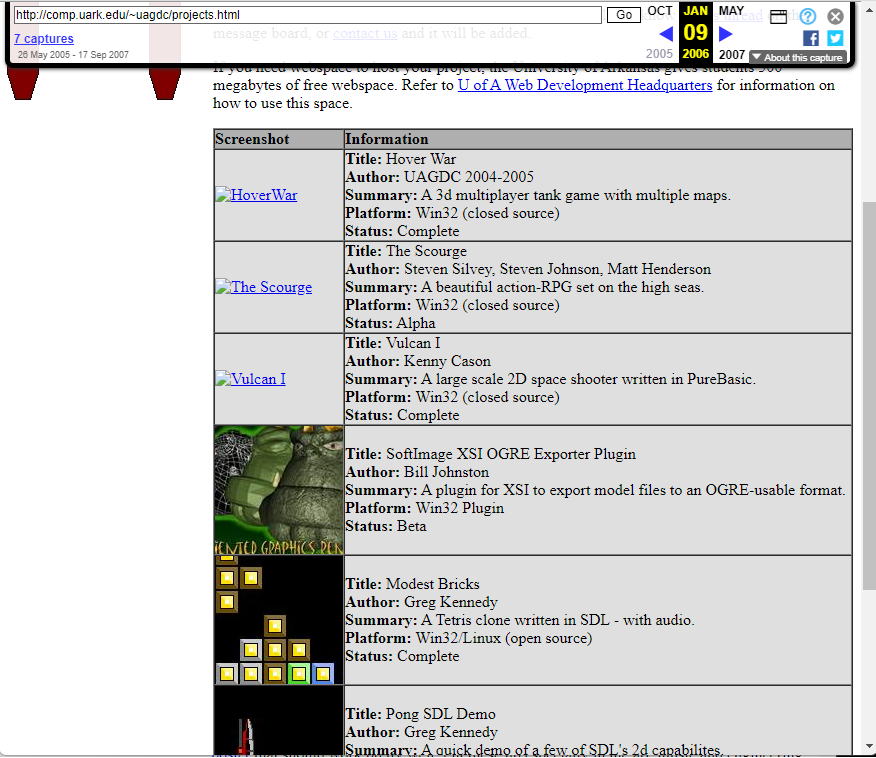
Meetings were held in the CAST computer lab in Ozark Hall, normally used for people doing “real” 3d modeling and geospatial / GIS mapping stuff. But they had a projector and some nice computers and so every 2 weeks in the evening we’d run a meeting, usually a couple hours long. The first meeting attracted several dozens of people, mostly due to us footing the bill at U.S. Pizza, but there were maybe 8-10 regulars who showed up in the later sessions even when there was no free food offered.
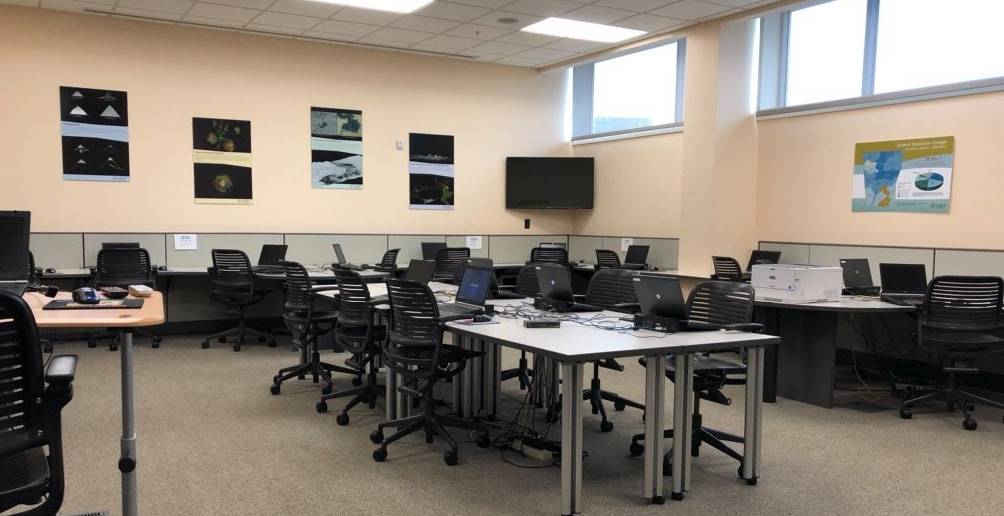
The first part was student-led presentations of a game dev topic: IDEs, frameworks like SDL and Allegro, some discussion of modeling with SoftImage, etc. I recall Steven showing some tricks for making better programmer art, and composing MIDI files using a simple DAW-type app. I may have demoed booting Gamecube homebrew using the PSO exploit. We even had a quaternions lecture… which, of course, I remember nothing about. The rest of the evening was used for collaborative time for projects.
At the end of the year we hosted a “game fair” during finals week, where we turned the CAST lab into a pop-up “arcade” running student-made games. We even put together an ISO with everything on it, and gave burned CDs away to visitors, so they could play more at home. It was an effective recruiting tool, because it also gave the users a link to the club’s website, where activities continued over the summer period before regular meetings the next fall.
An ISO image of the 2007 disc is available online: https://archive.org/details/uagdc_game_fair_2007
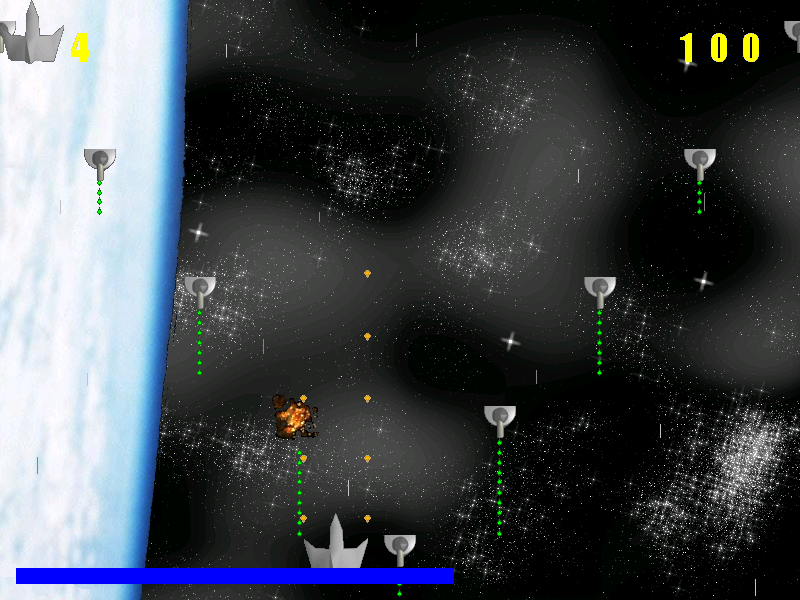
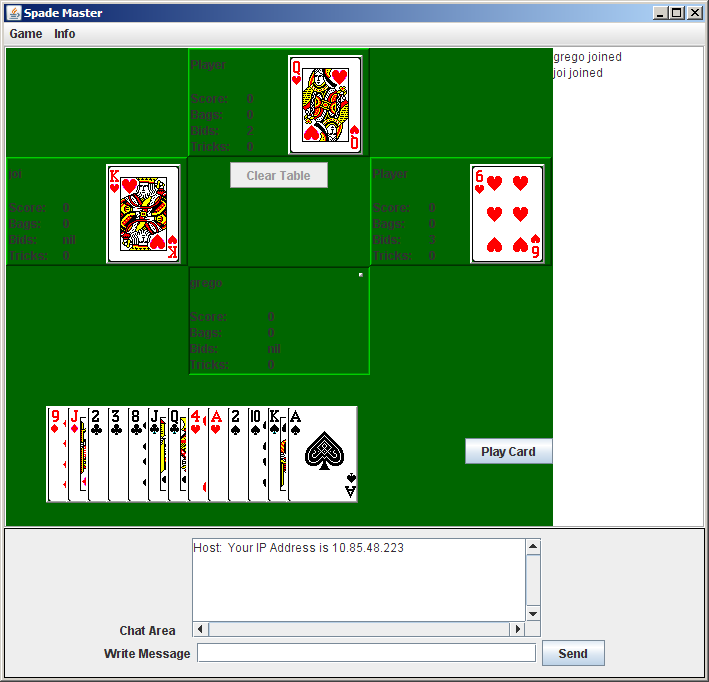
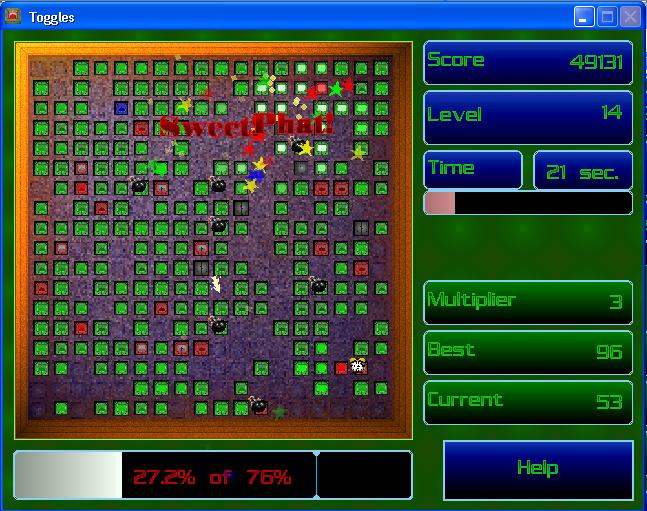
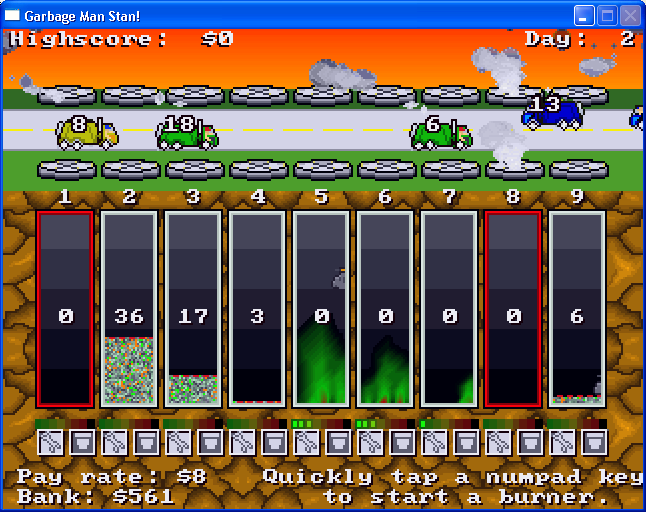
There’s a neat variety of little games and tech demos in it, from people who hadn’t really made anything like this before. Some of these were submissions from the U of A’s game dev class (I didn’t enroll) and were passed along to the club.
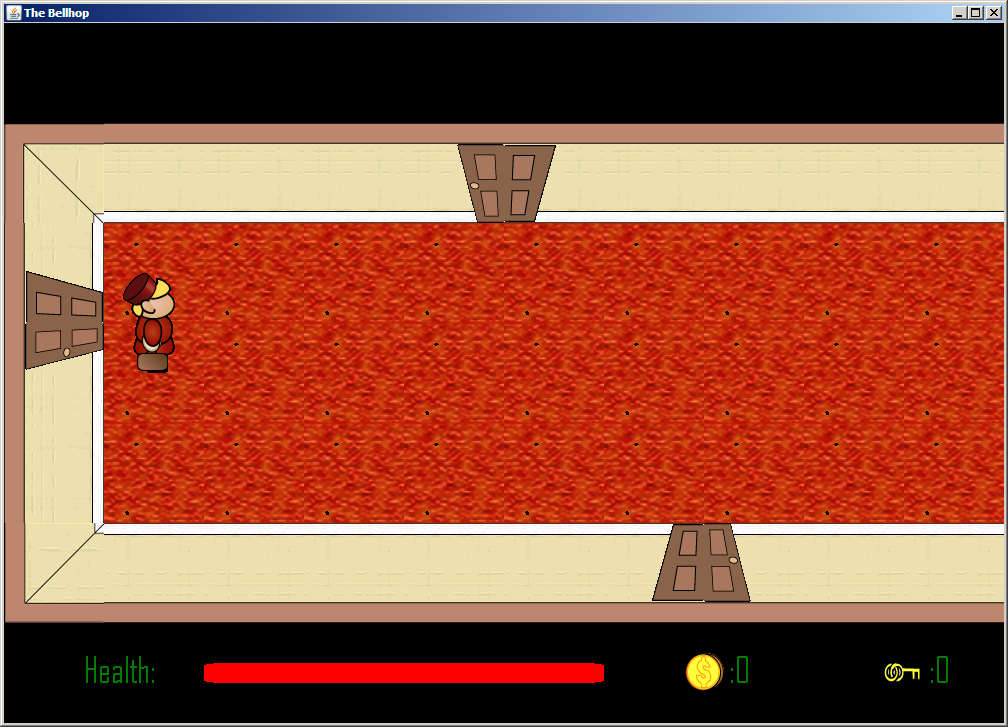
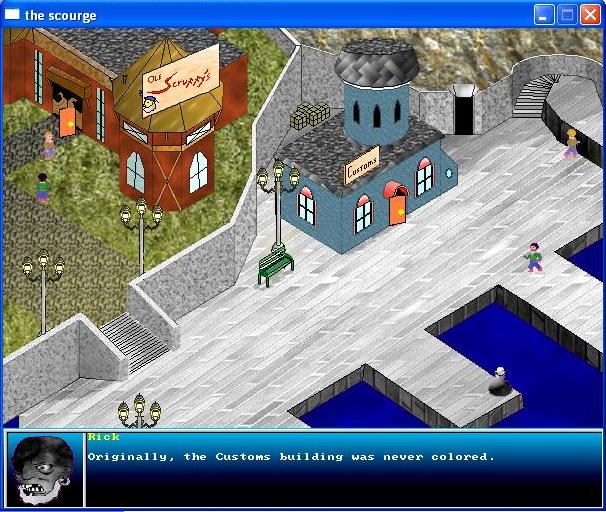
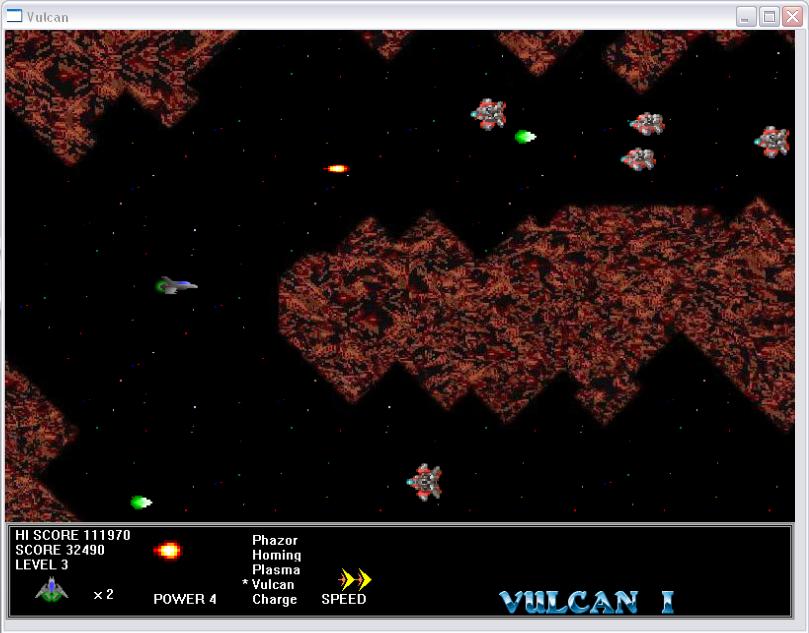
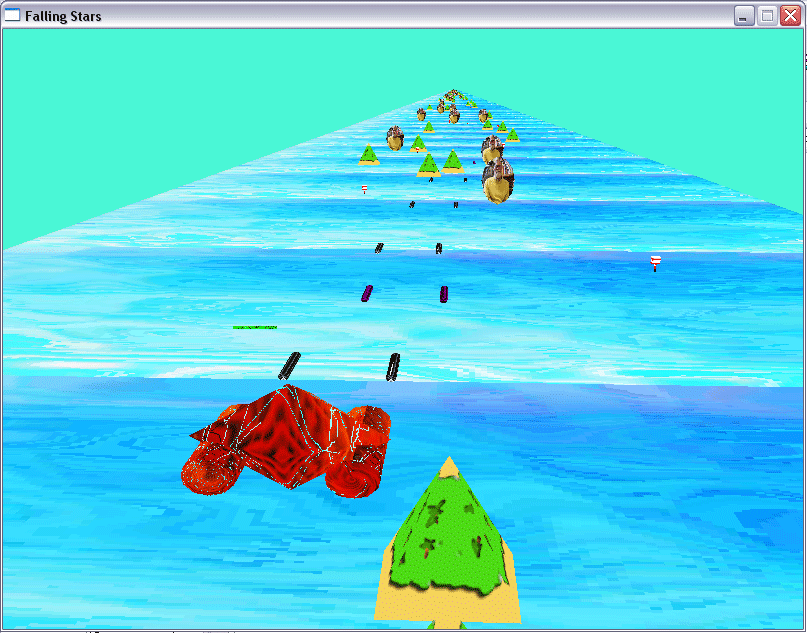
Besides the individual and small group projects, we ran a “club project” where we’d all work together on aspects of a larger game. It didn’t really produce better quality, but it did keep people involved. Some folks would work on music, or graphics, while others wrote code and tried to wrangle it all together. 2005’s game HoverWar was a multiplayer 3d tank game using the OGRE game library. We set up a few computers at the game fair each logged into the server, so people could try it out against one another. It barely functioned, and only ran in Debug Mode, but there was a great joy in seeing your multiplayer code work at all.
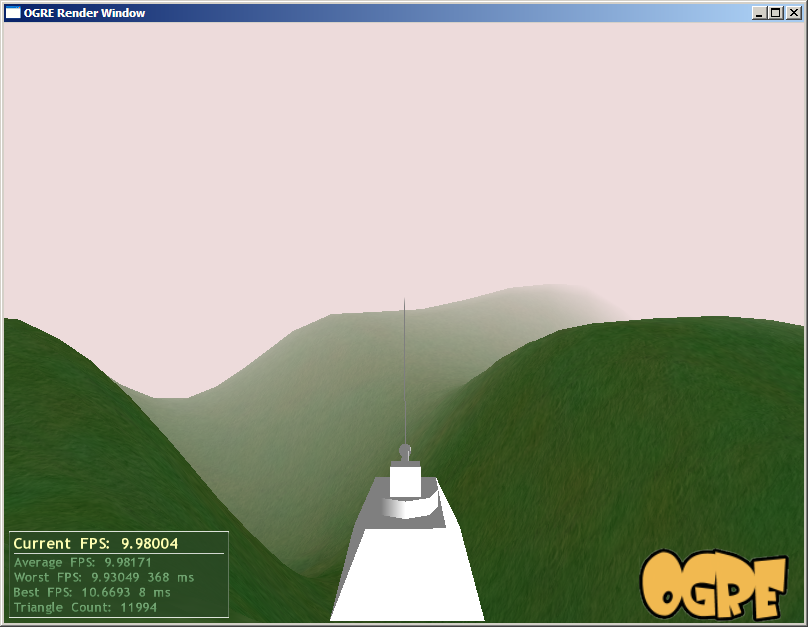
2006 was “Draconis”, a 2d MMORPG in SDL. Partly we wanted to get away from an engine, but another desire was a project with greater ability for anyone to contribute assets who was not working on the code itself. I found the client code recently, and was able to rebuild enough of a server to replay it. Game dev is hard! We spent all our time just getting the code working, and had no content to show for it (~1 dungeon, 3 enemies, no spells, etc…)




I wouldn’t recommend actually playing it but you can see the code for Draconis on Github now: https://github.com/greg-kennedy/Draconis
…and a video of it in action so you don’t have to download anything:
All told I think only one of our members actually got a job in the industry, but the experience was a lot of fun, and I learned a lot about networking / real-time software performance / the meaning of “crunch” in order to meet a deadline for a demo 😛

